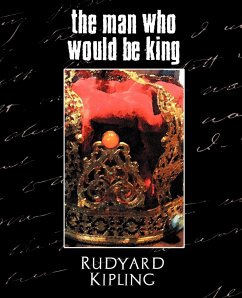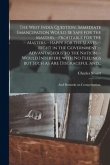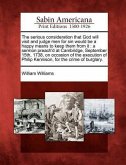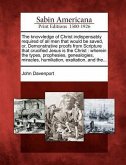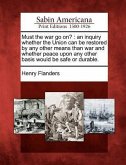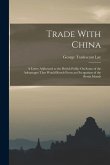The Law, as quoted, lays down a fair conduct of life, and one not easy to follow. I have been fellow to a beggar again and again under circumstances which prevented either of us finding out whether the other was worthy. I have still to be brother to a Prince, though I once came near to kinship with what might have been a veritableKing and was promised the reversion of a Kingdom - army, law-courts, revenue and policy all complete. But, to-day, I greatly fear that my King is dead, and if I want a crown I must go and hunt it for myself.The beginning of everything was in a railway train upon the road to Mhow from Ajmir. There had been a deficit in the Budget, which necessitated travelling, not Second-class, which is only half as dear as First-class, but by Intermediate, which is very awful indeed. There are no cushions in the Intermediate class, and the population are either Intermediate, which is Eurasian, or native, which for a long night journey is nasty; or Loafer, which is amusing though intoxicated. Intermediates do not patronize refreshment-rooms. They carry their food in bundles and pots, and buy sweets from the native sweetmeat-sellers, and drink the roadside water. That is why in the hot weather Intermediates are taken out of the carriages dead, and in all weathers are most properly looked down upon.My particular Intermediate happened to be empty till I reached Nasirabad, when a huge gentleman in shirt-sleeves entered, and, following the custom of Intermediates, passed the time of day. He was a wanderer and a vagabond like myself, but with an educated taste for whiskey. He told tales of things he had seen and done, of out-of-the-way corners of the Empire into which he had penetrated, and of adventures in which he risked his life for a few days' food. "If India was filled with men like you and me, not knowing more than the crows where they'd get their next day's rations, it isn't seventy millions of revenue the land would be paying -it's seven hundred million," said he; and as I looked at his mouth and chin I was disposed to agree with him. We talked politics - the politics of Loaferdom that sees things from the underside where the lath and plaster is not smoothed off - and we talked postal arrangements because my friend wanted to send a telegram back from the next station to Ajmir, which is the turning-off place from the Bombay to the Mhow line as you travel westward. My friend had no money beyond eight annas which he wanted for dinner, and I had no money at all, owing to the hitch in the Budget before mentioned.
Hinweis: Dieser Artikel kann nur an eine deutsche Lieferadresse ausgeliefert werden.
Hinweis: Dieser Artikel kann nur an eine deutsche Lieferadresse ausgeliefert werden.

